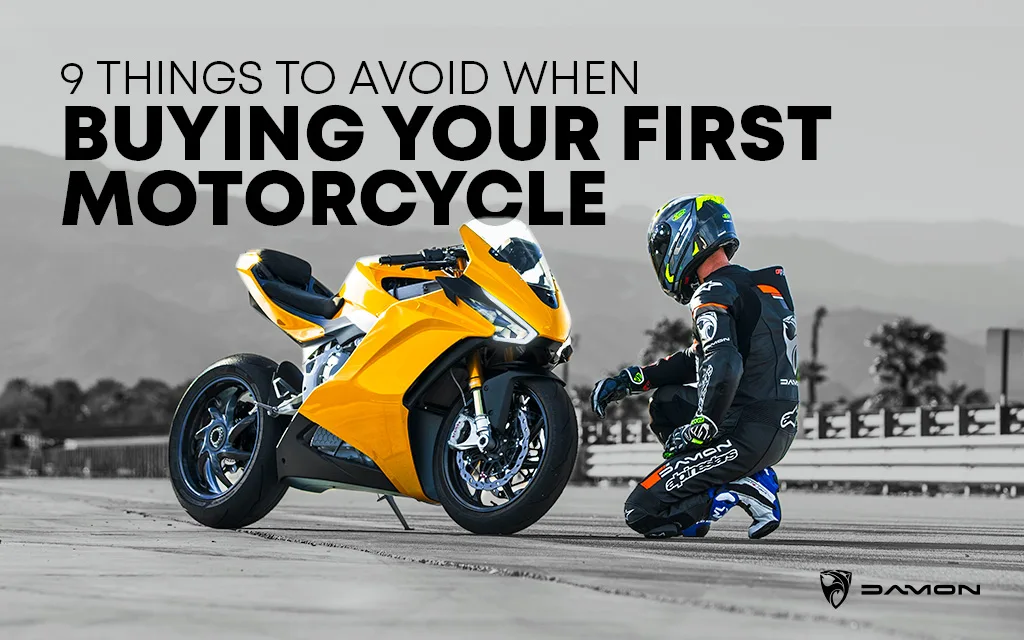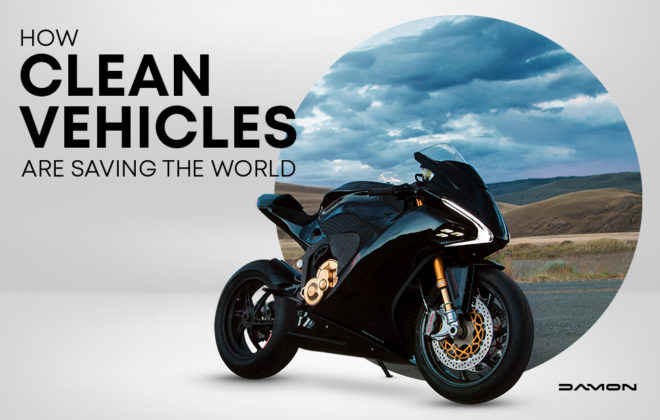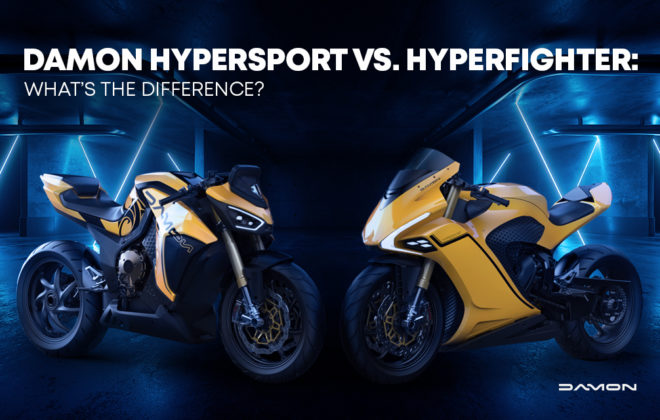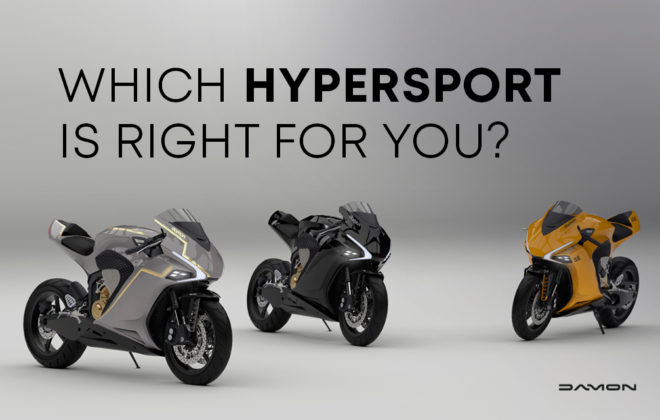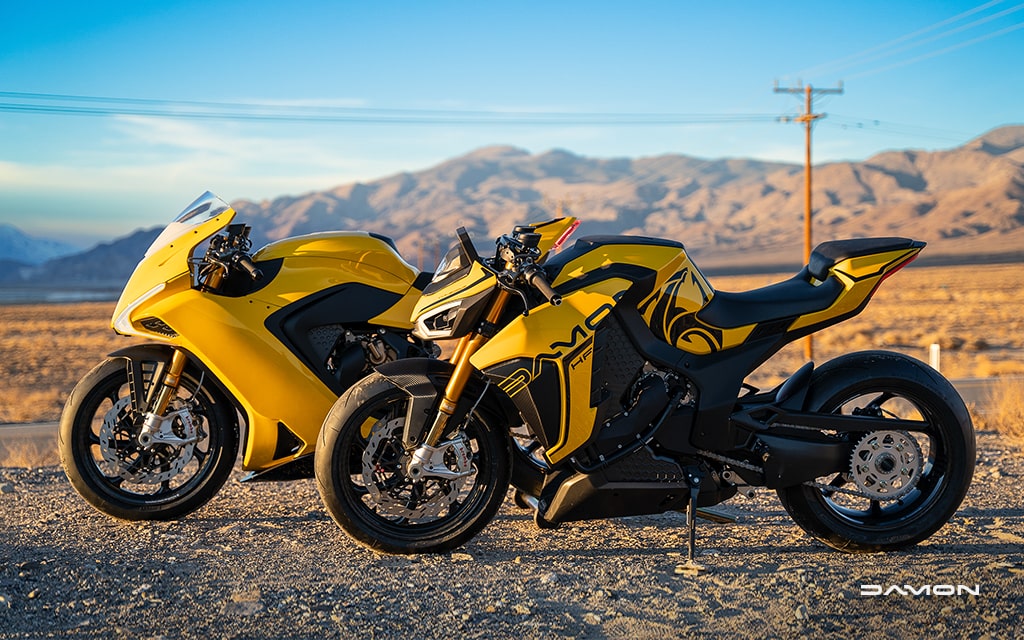9 Things To Avoid When Buying Your First Motorcycle
Buying your first motorcycle is an exciting venture. The thrill of the ride, the wind in your hair, and the freedom of the open road are all just a purchase away. But before you rush into buying your first bike, there are some common pitfalls to avoid. Here are the top 9 things to steer clear of when you’re ready to take the plunge.
1. Ignoring Your Skill Level
When you’re buying your first motorcycle, it’s easy to be drawn to the high-powered bikes that experienced riders handle. But starting on a smaller, easier to manage bike can make a world of difference for both your confidence and your riding skills. Bikes like the Honda CBR 300, the Yamaha YZF-R3 or the Damon HyperSport SE are great choices for beginners.
2. Focusing Only on the Price
While price is a significant factor, it shouldn’t be the only one. A cheap bike might seem like a good deal initially, but it could end up costing you more in the long run if it’s not the right fit or if it needs extensive repairs. Consider other factors like the bike’s condition, mileage, reliability, and how easy it is to get parts.
3. Not Checking the Maintenance History
A well-maintained bike can give you years of trouble-free service, whereas a neglected one can become a money pit. Ask for service records to check if the motorcycle has been properly maintained.
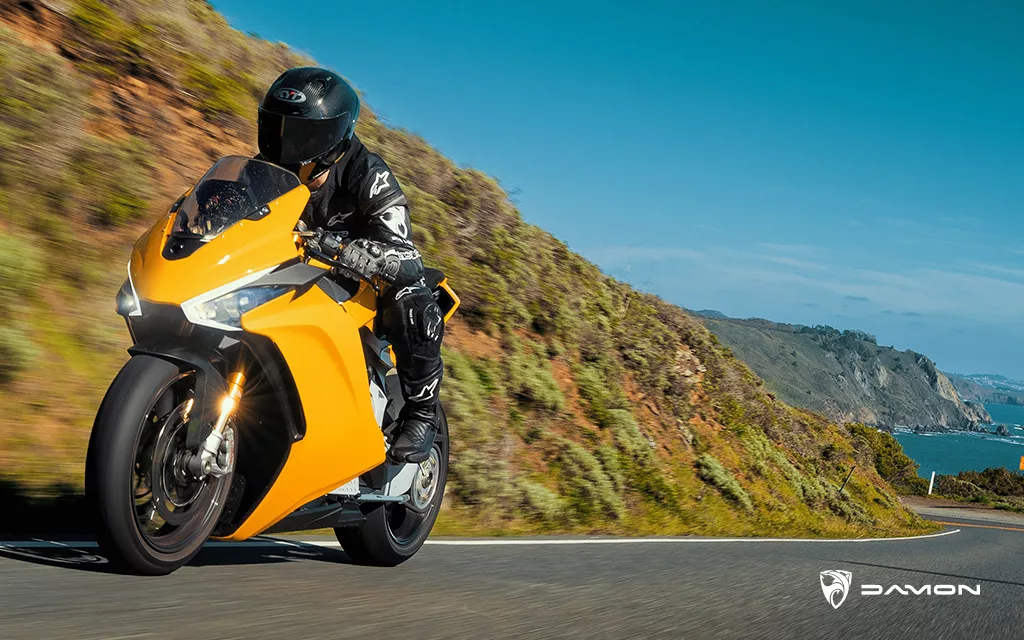
4. Skipping the Test Ride
A motorcycle might look great, but the real test is how it feels when you’re riding it. A test ride allows you to check for any mechanical issues, see how comfortable the ride is, and confirm if it’s the right size for you.
5. Not Thinking About Maintenance
Some motorcycles require more maintenance than others. If you’re not comfortable doing it yourself, you might need to factor in regular visits to a mechanic. Electric motorcycles, can be a great choice if you want less maintenance.
6. Not Considering Your Intended Use
Are you planning on commuting, going on long road trips, or just riding for fun on the weekends? Different bikes are suited to different purposes, so ensure your choice matches your plans.
7. Not Investing in Quality Gear
Good quality gear is just as important as the bike itself. It’s crucial for your safety, so don’t skimp on it. Websites like RevZilla (USA) or FortNine (Canada) offer a wide range of helmets, jackets, boots, and gloves.
8. Not Factoring in the Cost of a Training Course
Especially for new riders, a training course is highly recommended. It can help you learn essential safety skills and might even get you a discount on your motorcycle insurance.
9. Ignoring Electric Motorcycles
With advances in technology, electric motorcycles have become a viable option for many riders. They’re eco-friendly, require less maintenance than their gas counterparts, and offer an exceptionally smooth ride. Additionally, they do not have gears, so they are much easier and more forgiving to learn on.
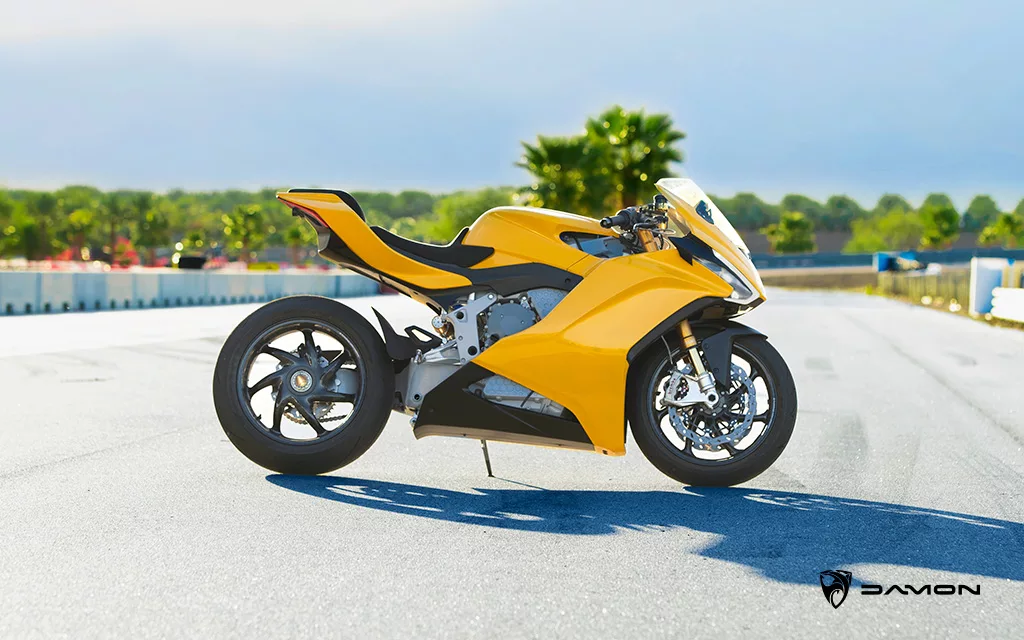
Electric motorcycles, like the Damon HyperSport, are loaded with innovative technology. This includes advanced powertrains, regenerative braking, customizable ride modes, and integrated connectivity systems.
Additionally, many of these motorcycles come equipped with high-tech dashboards offering key metrics and data at a glance. They can connect to your smartphone, providing enhanced features such as ride statistics, and even remote diagnostics and updates.
Before you decide on your first motorcycle purchase, it’s definitely worth considering if an electric motorcycle could be the right fit for you. They are not only a fun and efficient way to travel, but they also contribute to a cleaner and greener environment.
Bottom Line: Take your time, ask question and consider all your options
To conclude, buying your first motorcycle is an exciting journey, but one that should be approached with consideration and research. By avoiding these common pitfalls, you’ll be better prepared to find the perfect bike to kickstart your two-wheeled adventures.
Remember, the key to a successful purchase is to take your time, ask questions, do your research, and consider all your options. Happy riding!
Search
Categories
Recent Posts
- How Damon’s HyperDrive is Changing Everything we know about Motorcycle Design
- 9 Things To Avoid When Buying Your First Motorcycle
- Do You Need a License for an Electric Motorcycle? (And Other FAQS)
- The Complete Guide to Electric Motorcycle Incentives and Grants [USA Edition]
- The 8 Must-Have Gadgets for Motorcycle Riders

